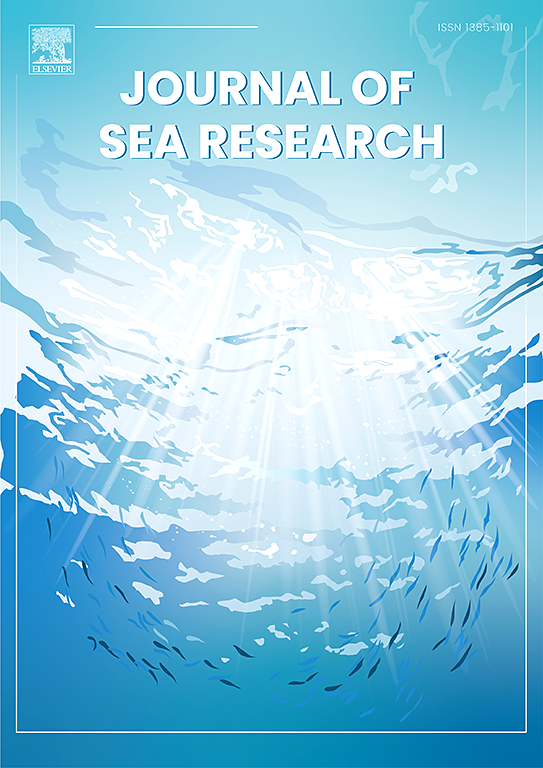The impact of marine industrial agglomeration on marine economic resilience—A case study of China's coastal areas
IF 2.9
4区 地球科学
Q2 MARINE & FRESHWATER BIOLOGY
引用次数: 0
Abstract
In the current complex domestic and international environment, marine economic resilience has become one of the basic guarantees for whether the marine economy can achieve high-quality development. At the same time, the development of the marine industry in coastal areas is undergoing rapid development and showing a trend of agglomeration, providing an unprecedented opportunity to increase marine economic resilience. Thus, the impact of marine industrial agglomeration on marine economic resilience deserves further investigation. This study takes 11 coastal provinces and cities in China as an example. First, marine economic resilience is divided into three subsystems: resistance ability, recovery ability, and evolution ability, and evaluated by several methods. Second, this study uses empirical methods to analyse the impact of marine industrial agglomeration on economic resilience and its influencing mechanism. The results show that: (1) Marine industrial agglomeration can significantly increase marine economic resilience. (2) Marine industrial agglomeration increases marine economic resilience through scale effects and spillover effects, and the impact of division of labor effects on marine economic resilience has a single threshold effect. (3) The impact of marine industrial agglomeration on marine economic resilience has significant spatial heterogeneity. Our study can enrich the research in this field and provide reference for the development of marine industry and marine economy in coastal areas.
海洋产业集聚对海洋经济弹性的影响——以中国沿海地区为例
在当前复杂的国内外环境下,海洋经济韧性已成为海洋经济能否实现高质量发展的基本保障之一。与此同时,沿海地区海洋产业发展快速发展,呈现集聚趋势,为增强海洋经济韧性提供了前所未有的机遇。因此,海洋产业集聚对海洋经济弹性的影响值得进一步研究。本研究以中国11个沿海省市为例。首先,将海洋经济弹性划分为抵抗能力、恢复能力和进化能力三个子系统,并采用多种方法进行评价。其次,运用实证方法分析了海洋产业集聚对经济弹性的影响及其影响机制。研究结果表明:(1)海洋产业集聚显著增强了海洋经济弹性。(2)海洋产业集聚通过规模效应和溢出效应增强海洋经济弹性,分工效应对海洋经济弹性的影响呈现单一阈值效应。③海洋产业集聚对海洋经济弹性的影响具有显著的空间异质性。本研究可以丰富这一领域的研究内容,为沿海地区海洋产业和海洋经济的发展提供参考。
本文章由计算机程序翻译,如有差异,请以英文原文为准。
求助全文
约1分钟内获得全文
求助全文
来源期刊

Journal of Sea Research
地学-海洋学
CiteScore
3.20
自引率
5.00%
发文量
86
审稿时长
6-12 weeks
期刊介绍:
The Journal of Sea Research is an international and multidisciplinary periodical on marine research, with an emphasis on the functioning of marine ecosystems in coastal and shelf seas, including intertidal, estuarine and brackish environments. As several subdisciplines add to this aim, manuscripts are welcome from the fields of marine biology, marine chemistry, marine sedimentology and physical oceanography, provided they add to the understanding of ecosystem processes.
 求助内容:
求助内容: 应助结果提醒方式:
应助结果提醒方式:


